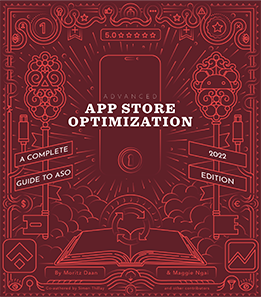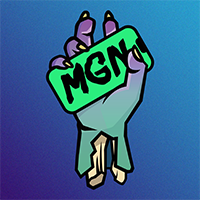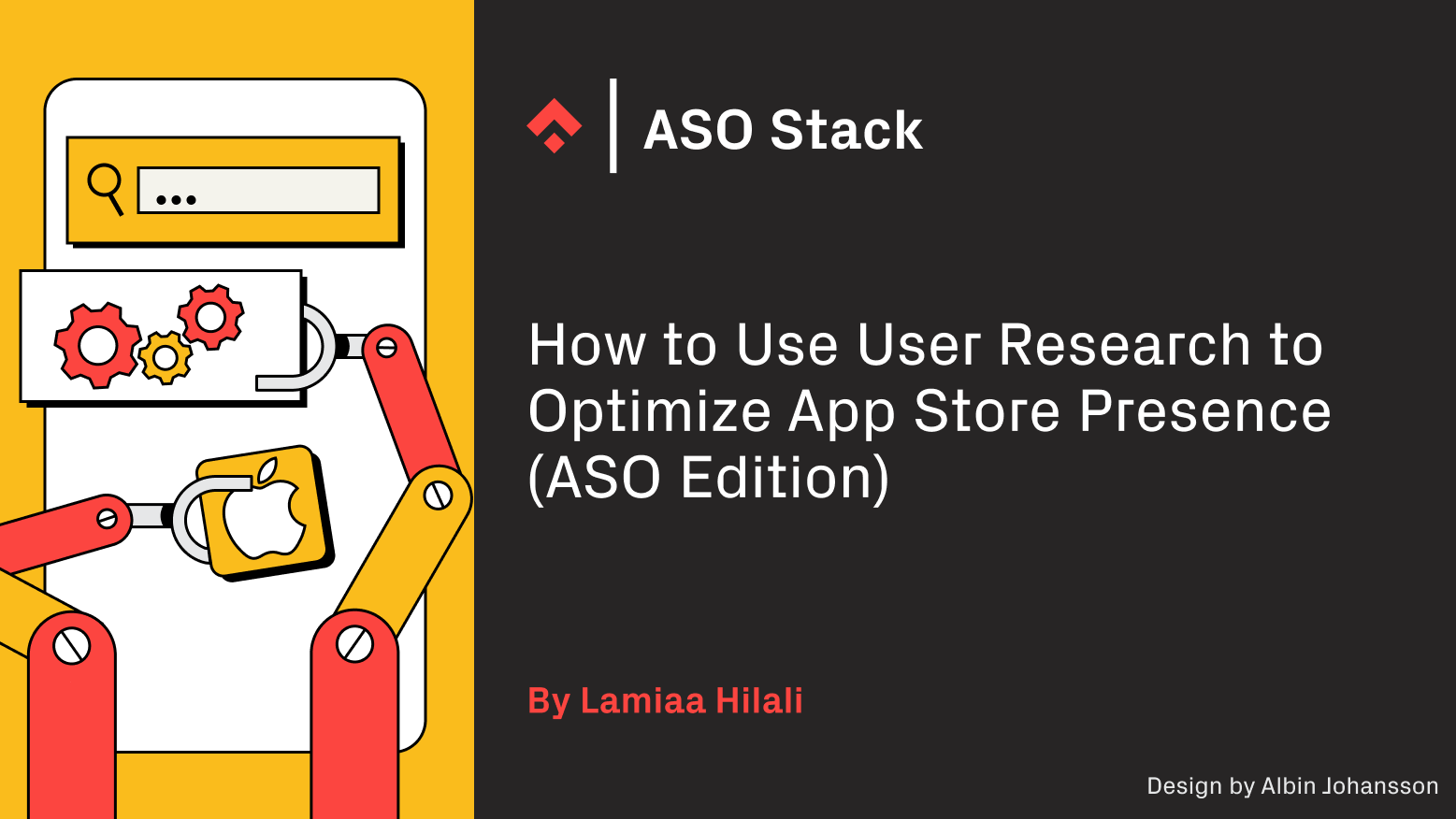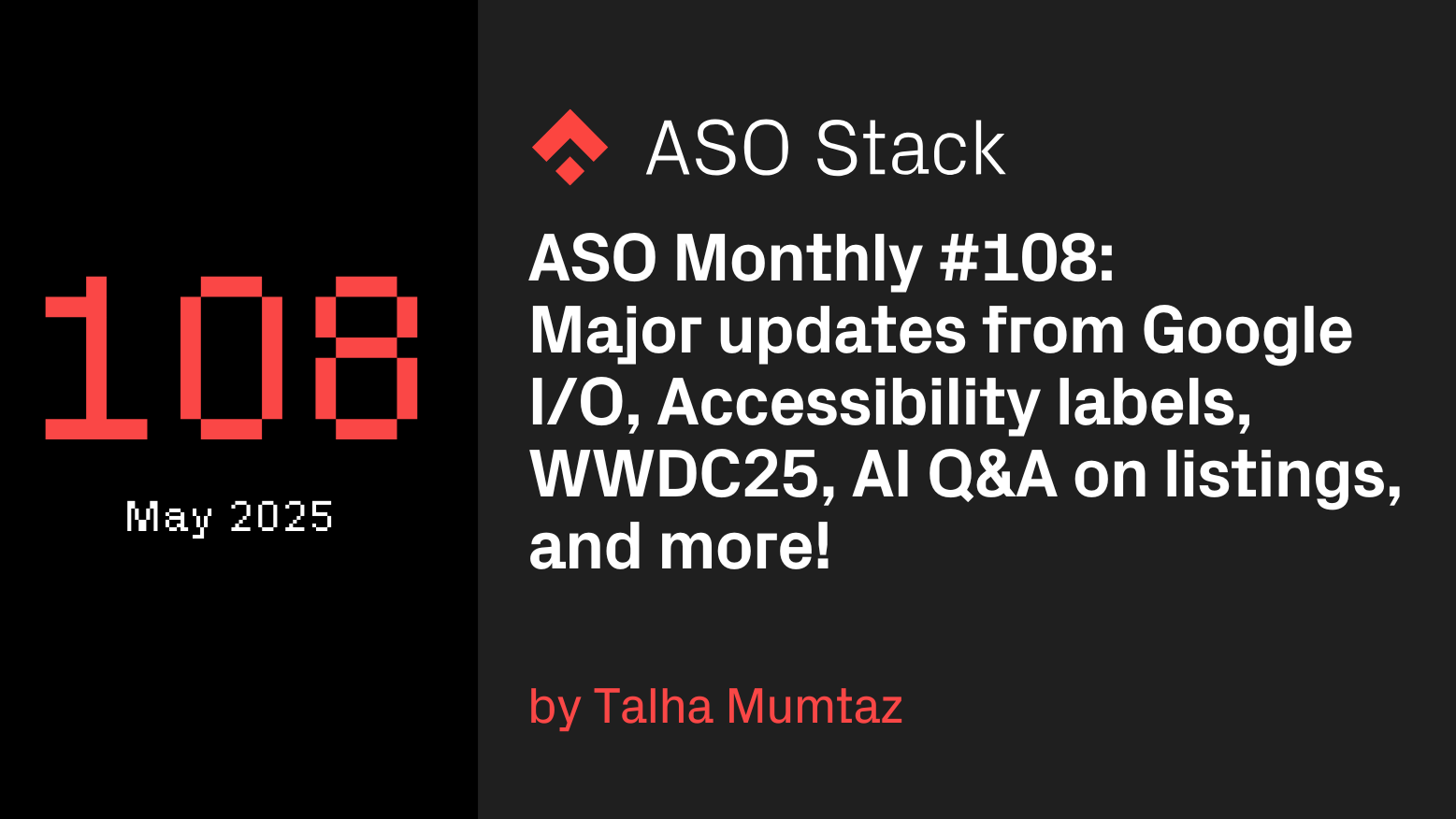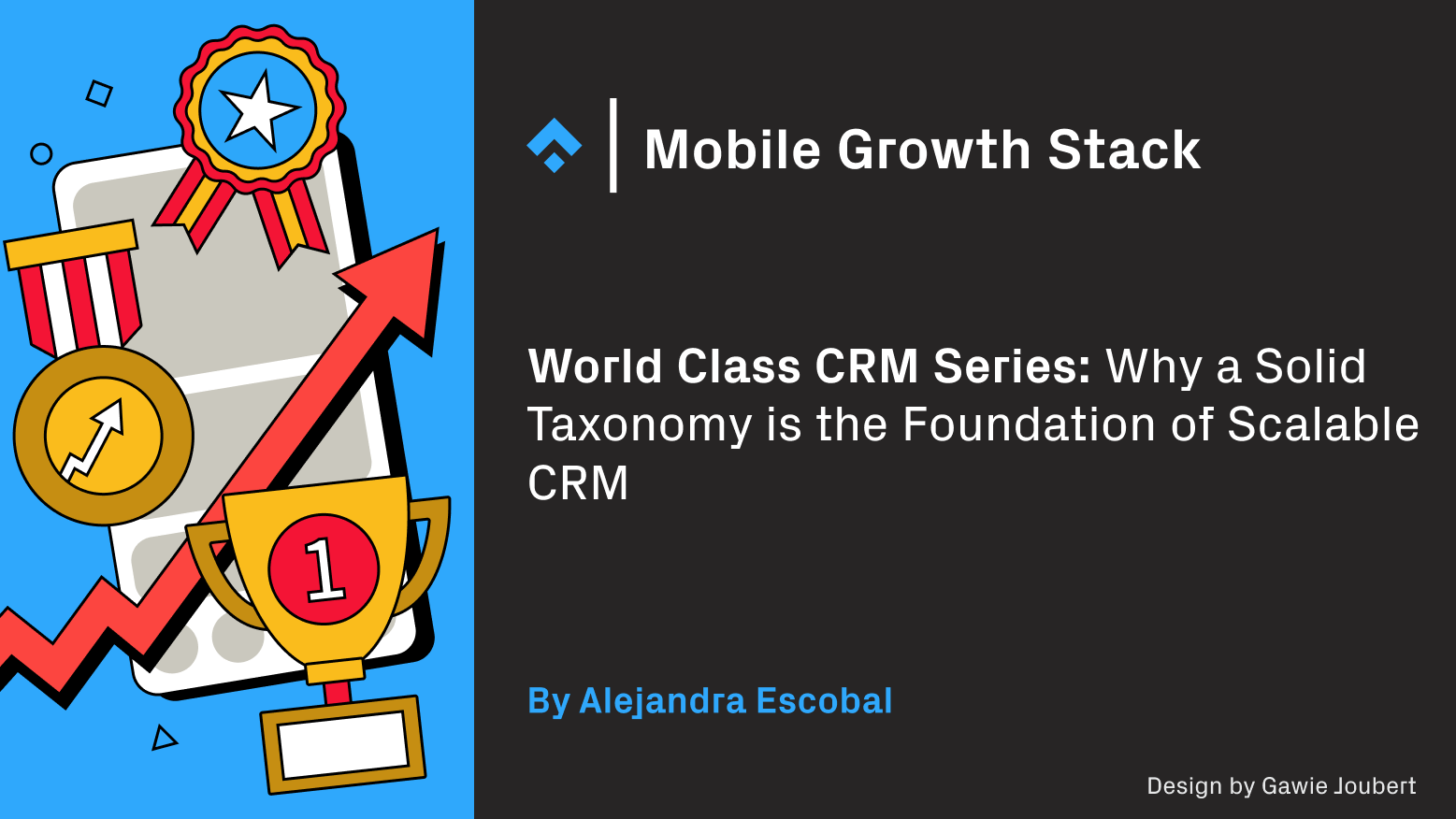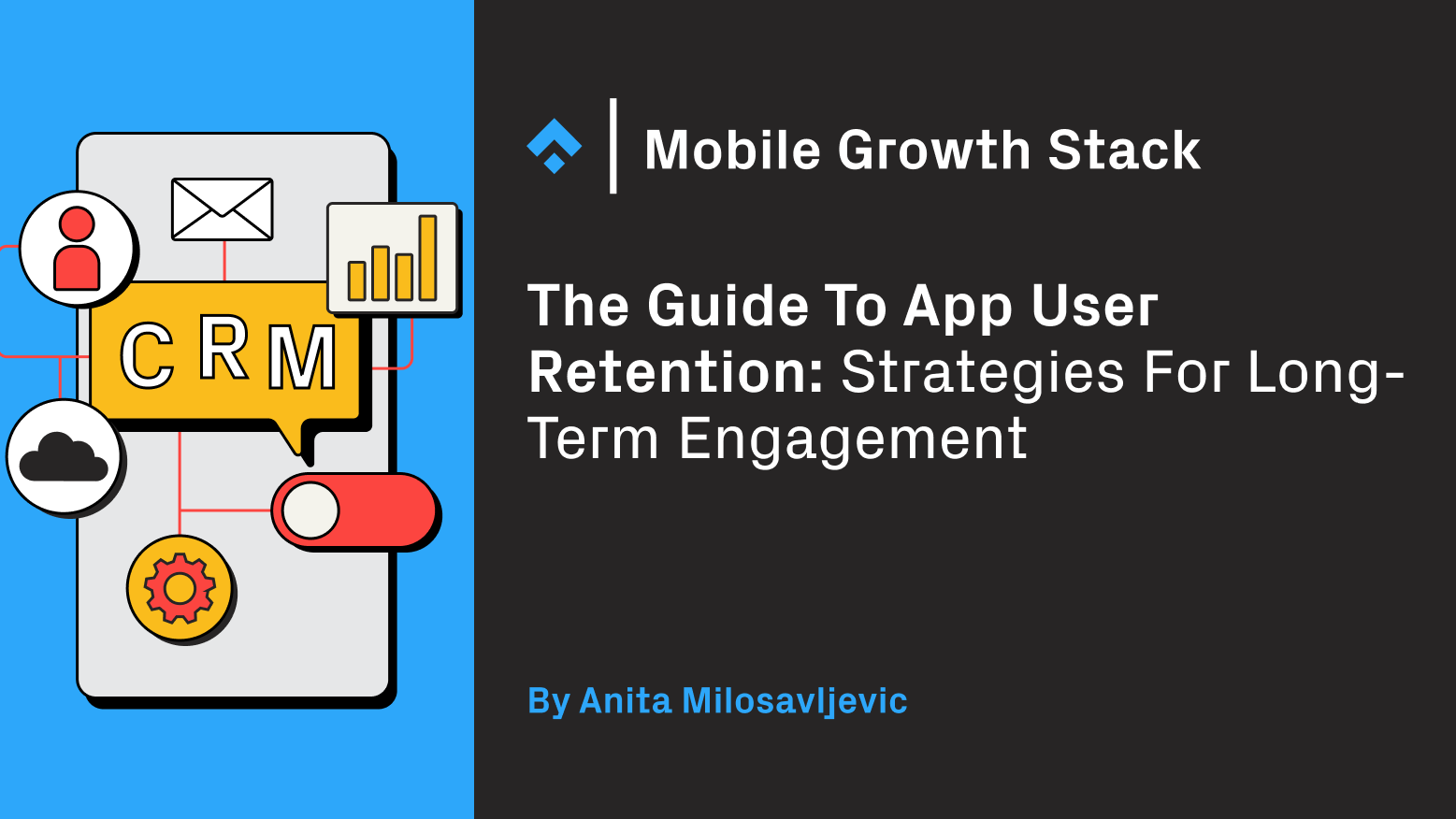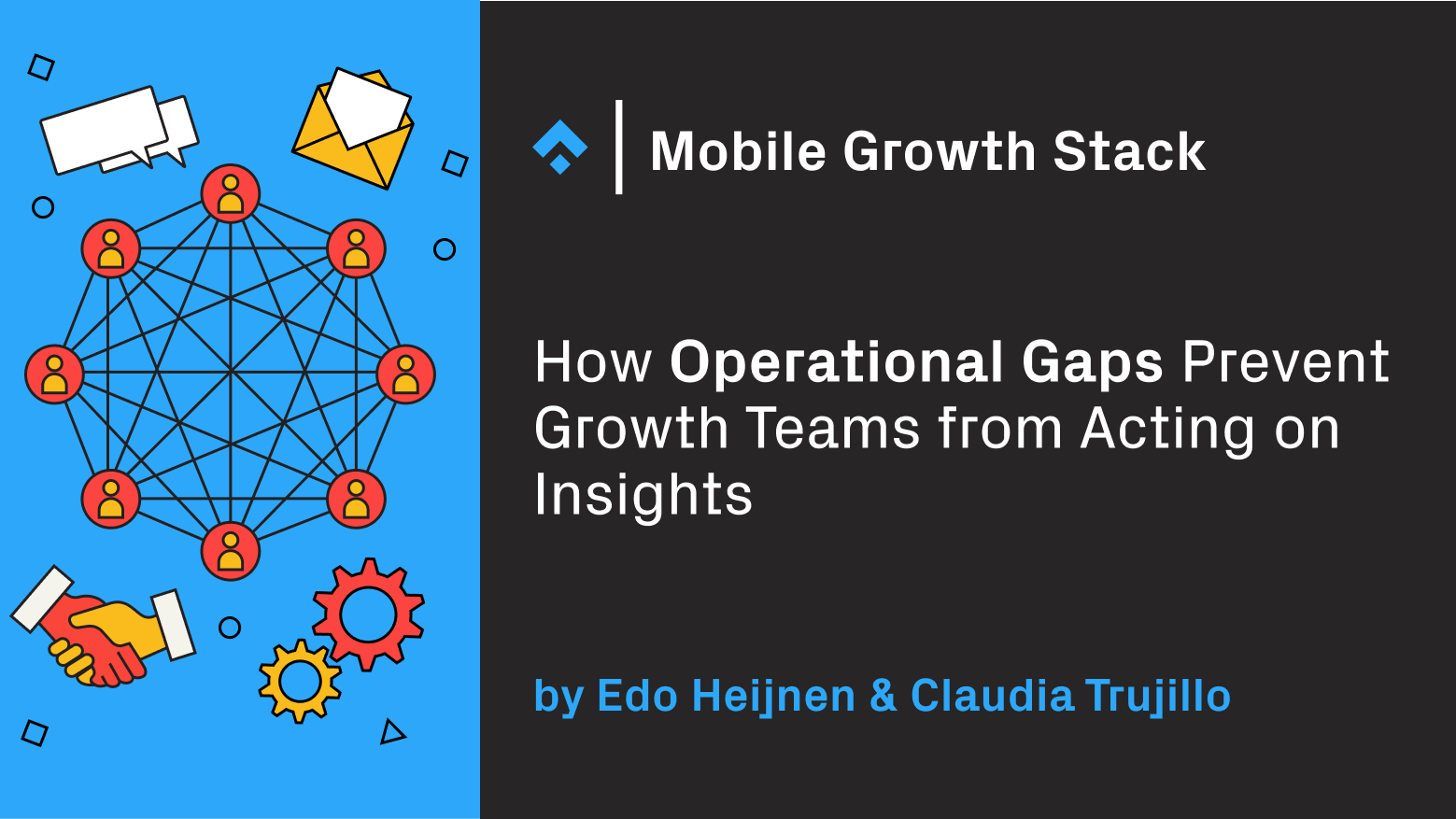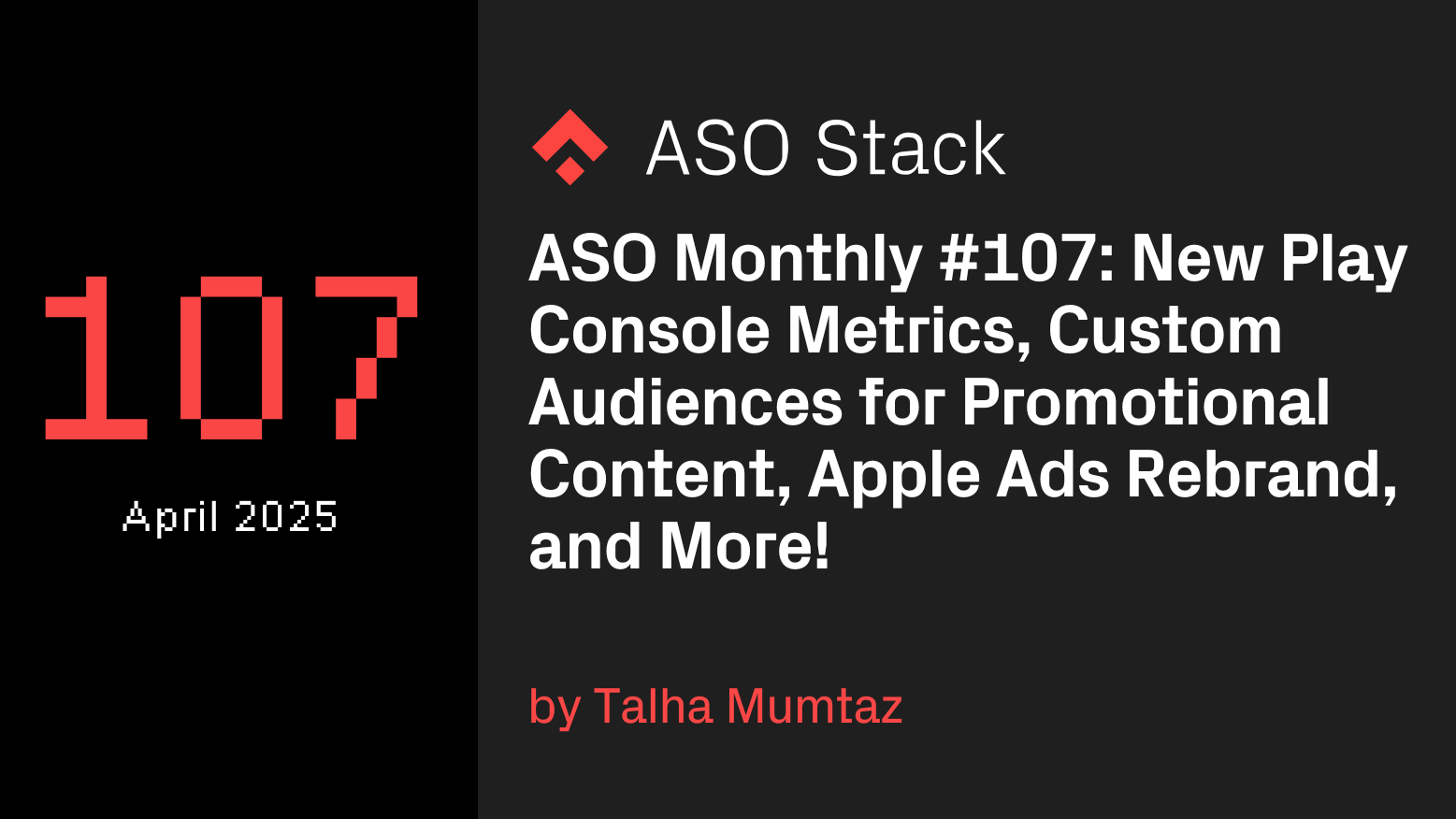
At Phiture, women now comprise nearly 60% of our talented international workforce. Supporting women’s rights issues and gender equality in the workplace – and beyond – is a very important part of our company ethos.
We invited four Phiturians with diverse professional and cultural backgrounds to share their perspectives on some of the most pressing issues affecting women today. I was pleased to speak with Bruna Miguel (Data Analyst/Portugal), Alice Muir (Senior Growth Consultant/Scotland), Priyal Narwani (ASO Consultant/Spain & India), and Estefanía Vidal Bouzón (Data Analyst/Spain).
They offered insights on a variety of current global topics, including pay equity and fair hiring practices, alarming recent setbacks in US women’s reproductive rights, underrepresentation of women in STEM fields, negative effects of rigidly defined gender roles, and combating discrimination against minorities and trans women. Many of the challenges that women face are universal, which underscores the importance of openly discussing these issues and continuing the fight to secure gender-based equality for everyone around the world.




What’s your favorite part about your work at Phiture?
Bruna: I really like the truly global work environment at Phiture – it brings together lovely people from different backgrounds and cultures, different languages and beliefs, all working towards common goals.
Alice: I love the autonomy and the entrepreneurial spirit. At Phiture, I help companies boost their user engagement, retention, and monetization through CRM. With each account you get to work on different strategic problems, and there are few limitations on what you can achieve for a client.
Priyal: The chance to work with people from all kinds of backgrounds with diverse personalities. It really contributes to the best learning environment and also allows for a more open-minded approach towards the overall work culture, as well as to internal processes.
Estefanía: For me, what I value most are my colleagues and the opportunity to grow as a professional. Phiture has an amazingly diverse and helpful team that brings different perspectives when solving daily tasks. There’s always something new to learn here. Working in a field that’s constantly changing and growing means we’re always coming up with new ideas.
In what ways do you think Phiture supports the professional career development of women?
Bruna: At Phiture, I’ve never felt that I couldn’t question or challenge anything because of my gender. There are also lots of women in leadership positions who I view as role models.
Alice: I think flexible working policies and the opportunity to work remotely are great benefits for anyone who’s juggling family life and a career.
Priyal: By treating all of us the same regardless of gender. Unlike many other tech companies, Phiture actually has a lot of women deservedly leading teams, which isn’t very common in my experience.
Estefanía: Phiture supports parity by giving equal opportunities to all employees, regardless of gender. In most fields there’s a gender gap in the pay and treatment of women, and STEM fields are particularly known to be male-dominated. As a data analyst at Phiture, it’s great to see so many women working in this field.
Have you faced any obstacles in your career or home country due to being a woman in your industry?
Bruna: I’ve never worked full time as a professional in Portugal, but I come from a country highly influenced by traditional values of Catholicism and shaped by the longest dictatorial regime in Europe. That has definitely influenced the role of women in society and affected my upbringing. Unfortunately, during my career I’ve been objectified and faced negative gender bias.
Alice: Yes, but I feel that I’ve managed to overcome some of them by speaking up for what’s right and believing in myself and others.
Priyal: My career started in India, a country that does have an issue with men having more advantages than women in general. I always felt that men were given much more respect. In one of my internships, one of the employers would occasionally ask me and other women to buy office supplies but would never ask the men. He would also make a lot of important decisions without consulting with his female co-founder, a tendency that caused many arguments between them.
Estefanía: In Spain I worked in the communications sector, a field in which women’s participation and leadership is a relatively bright spot in the Spanish labor market. While it’s true that executive management was mostly dominated by men, fortunately, I’ve never felt I was treated differently for being a woman.
What’s the biggest challenge today that women face in your home country or the workplace in general?
Bruna: For me, the biggest challenge today for women in tech is to be more than just a quota. I think the perception that gender balance and equality is needed at companies is growing in Germany and Portugal – yet somehow both are countries with a negative record regarding the gender pay gap. Most of the time, ideals of equality end up being translated to a 50/50 quota and a few inclusive marketing photos, but not so much to pay equity, a fair structure, and salary transparency. Therefore, in reality, we’re still far behind.
Having a high number of women working at a company doesn’t mean that they’re listened to like men, that their opinions are considered equally, or that they are given the same opportunities to grow. A confident woman still tends to be perceived as bossy, a critical woman still tends to be seen as defensive – and sometimes we are, because the need to fight to get where we should be in terms of equality is exhausting, tough, and unfair.
Priyal: It depends on the country, but I would say there’s not equal respect for women, at least in India. I feel like there’s a bigger need for women than men to have to prove themselves capable. There’s also the unrealistic expectation of women needing to handle everything (housekeeping, work, family, etc.) while looking amazing and feeling happy while doing it.
Estefanía: Although the situation has been improving in Spain and laws have been passed in favor of equality in the workplace, there are still challenges to achieving full parity. One of the main causes of inequality is the traditional view of women in the family role. Many women opt for part-time employment due to a lack of co-responsibility in family and domestic roles. Since the responsibility of caring for children, the elderly, and the home generally falls to women, they have less time for paid work.
This situation became even more heightened during the pandemic, as when schools closed, women were in charge of the household, childcare, and remote learning in most cases. This perceived role of women means that when it comes to hiring an employee, companies often prefer to hire a man.
What’s an issue affecting women (anywhere in the world) that you would like to see resolved?
Bruna: Whatever affects women’s independence and freedom of choice must be tackled. Given the recent news, I can’t close my eyes to recent regressions in US abortion law. It’s a dangerous and revolting decision, bringing about an unprecedented personal realization that not only do I have to fight long and hard for women’s rights, but that they can be taken from us at any point.
Priyal: The pay gap and the sexual assaults that can happen at work. Men also experience sexual assault, but when looking at women, I feel like it stems from a general lack of respect and many different cultural or situational factors that have led women across the world to be considered “less than men”.
Estefanía: I’d like to see an end to certain social values and cultural expectations of what’s considered proper for each gender. I believe that this perception of what’s natural for each gender is the origin of different forms of discrimination, violence, barriers, misunderstanding, inequality, insecurity, and lack of opportunities that women suffer.
Why do you think it’s important to continue the conversation about women’s rights?
Bruna: Because we’re still behind on so many levels. As an analyst, let me put some numbers on the table: in 2020, the UN estimated that an average of 137 women were killed each day by male partners or family members. As you read these words, a femicide is most likely happening somewhere in the world. A woman is mostly likely dying due to an illegal and unsafe abortion. Women (particularly trans women) are being deprived of education, freedom of speech, freedom of choice, and being themselves without restraints. When these injustices are still happening in the world, we can’t stop speaking up and must celebrate being a woman with pride.
Alice: I think it’s great to encourage people to stop and think about how far we’ve come in terms of equal rights, equal pay, etc. The more we’re reminded of this progress and its benefits, the less likely we are to repeat mistakes of the past.
Priyal: We should remind ourselves not only of all the great movements and efforts that have thankfully led women to live much better lives right now, but also that the battle is not over yet. I believe there is still much work to be done. But if we keep going, it’s still possible to live even better lives and continue the progress that’s already been achieved.
Estefanía: I’ve been lucky enough to be born on the privileged side of the coin, and yet there’s still a long way to go towards equality. That’s why I think it’s important that we fight for human rights in the world on a daily basis – and not only those that affect us directly. Conversations like these are important because they remind us of everything that our mothers and grandmothers had to fight for, and it also makes visible what we still have to improve.
Table of Contents


